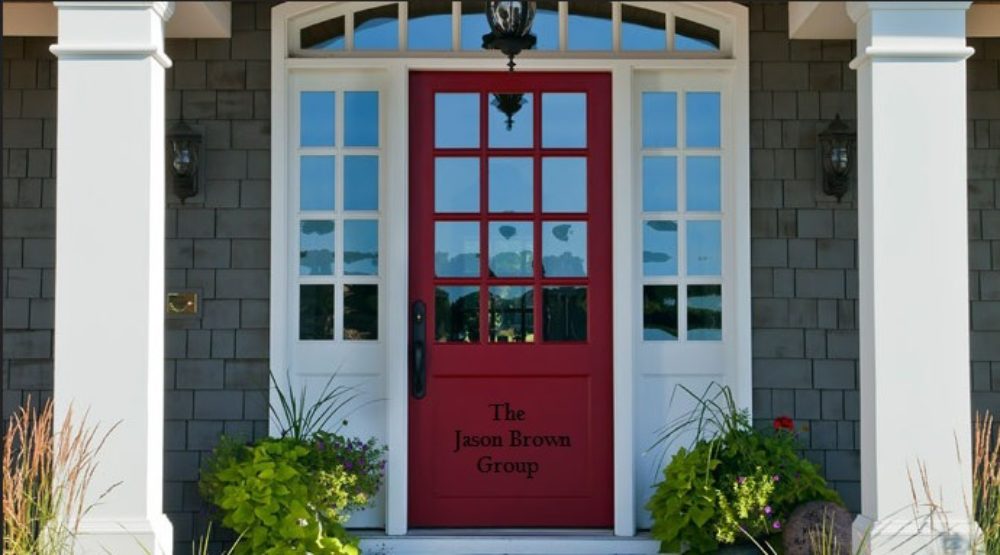Checking The Pulse Of The Kansas City Real Estate Market
It was just a matter of time before Kansas started requiring home inspectors to get licensed to continue performing home inspections. There are many great home inspectors out there but the truth is that the main thing Kansas City home buyers had to rely on when choosing a home inspector was a good reference. Other than that, you could check to see if the inspector was a member of trade group like the American Society of Home Inspectors (ASSHI). But that would be similar to me saying I’m a qualified real estate agent because I’m a member of the National Association of Realtors (NAR). There are minimum requirement to be a member of ASSHI though. For instance, you had to have 250+ home inspections under your belt and that’s certainly worth something. But there were no actual Kansas, Missouri or federal laws regulating home inspectors or the home inspection process. So for many Kansas City home buyers, the best they could hope for was a good referral to keep the process from turning into a wing and a prayer.

This month the home inspection process is in for big changes — on the Kansas side of the state line, at least. The Kansas legislature Bill HB 2260 went into effect on 1-1-10 and the new law requires home inspectors to register with a newly created state board — the Kansas Home Inspectors Registration Board (KHIRB). The KHIRB’s purpose will be to regulate the Kansas home inspection industry. It prevents home inspectors from continuing to state a limit of liability to less than $2,000 (on a particular home inspection). The other meat and potatoes of the new law calls for all Kansas home inspectors to register with the state, complete 80 hours of classroom education, pass a licensing examination, complete 16 hours of yearly continuing education and follow professional standards when conducting home inspections — all in the name of protecting home buyers in Kansas. Some of the other requirements include home inspectors being at least 18 years of age, having a high school diploma, and maintaining $100,000 in general liability insurance. Home inspectors who can show an extensive inspection history could get grandfathered in without having to take the initial licensing exam.
Some other important aspects of the bill include capping a home inspector’s liability at $10,000 on an inspection. This seems reasonable as in my experience, home inspectors do a thorough job. I’ve never had a situation where a Buyer sued at all, much less for a situation where there were $10,000+ in damages. Thinking back, I’ve had just a couple situations where I thought the home inspection could possibly lead to some type of litigation. But of those, one involved a Buyer with unreasonable expectations and another was a situation completely brought on by the Buyer himself after closing (burying the gutter downspouts without day-lighting them anywhere — brilliant!). To help buyers understand the purpose of a home inspection, the KHIRB indicates a “home inspection is to identify material defects that are visible and in readily accessible areas of the home… An inspection will not necessarily expose all defects or eliminate all risk associated with purchasing a home… a home inspector is a generalist and is not conducting a technically exhaustive inspection… When appropriate, your inspector may recommend further evaluation or review by others”. If you’re interested, you can review the entire Home Inspection Standards of Practice.
Home inspectors will be issued registration cards showing their license number. For example, home inspector Drew Gordon has a new license number of KS #0110-0055. So look for a number like that to ensure you’re getting a Home Inspector that is licensed in Kansas. It’s now the law and there’s no gray area in this regards. You can view a complete list of licensed Kansas home inspectors and always be sure to get a recommendation from a real estate agent or home buyer who has experience working with the home inspector you’re considering.
Posted by Jason A. Brown
